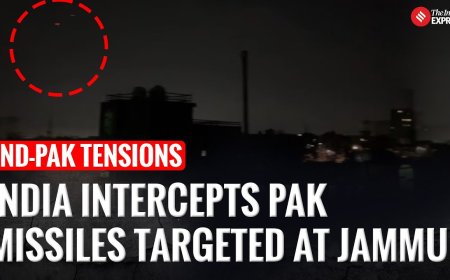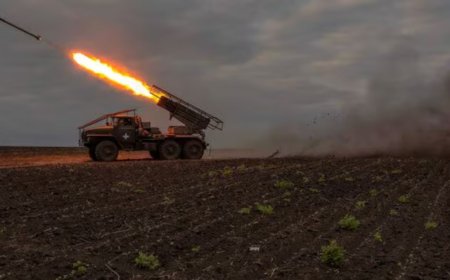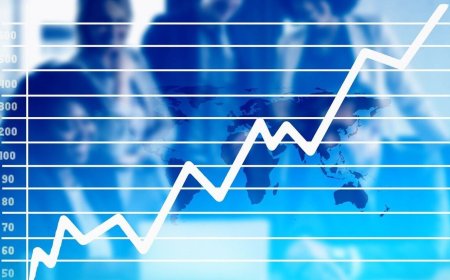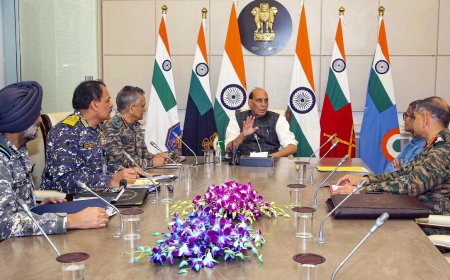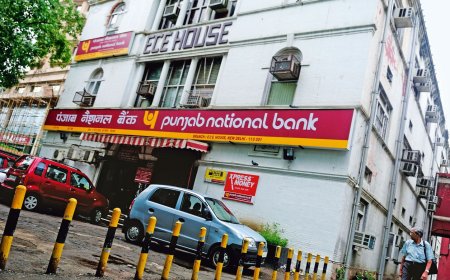Musk's Tesla reassures Indian suppliers amid Trump tariff worries
Tesla has reassured Indian suppliers of continued sourcing ties amid Donald Trump’s proposed tariff policies. The EV giant views India as a strategic sourcing hub despite global uncertainties.
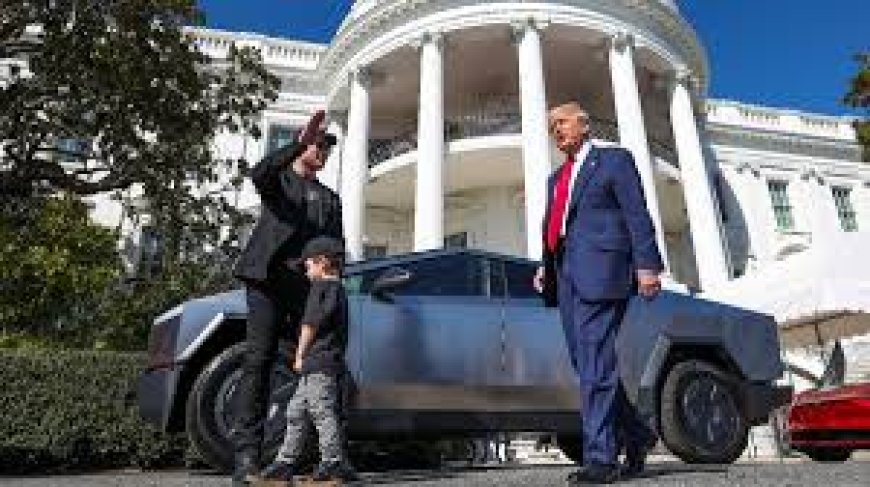
Mumbai, July 9, 2025 — Amid escalating concerns over potential import tariffs under a possible second term for former U.S. President Donald Trump, Tesla Inc. has moved swiftly to reassure its Indian component suppliers of continued partnerships and long-term procurement commitments. The electric vehicle (EV) giant has reportedly communicated to several of its Indian vendors that India will remain a “strategic sourcing hub” despite rising protectionist rhetoric in the United States.
The reassurance comes as Trump, the Republican frontrunner in the 2024 U.S. elections, has repeatedly hinted at imposing higher tariffs on foreign goods, including automotive components and EV parts, in a bid to bolster domestic manufacturing. This has stoked anxiety across global supply chains, especially in key partner countries like India.
Tesla Assures Stability Despite Policy Uncertainty
According to sources familiar with Tesla’s communication, senior procurement executives have reached out to Indian vendors across Maharashtra, Tamil Nadu, and Karnataka over the past few weeks. These include suppliers of battery components, sensors, aluminum castings, wiring harnesses, and software integration services.
“Tesla told us the company is actively planning for multiple geopolitical scenarios, and India is considered a low-risk, high-quality alternative to China in many component categories,” said an executive at an Indian Tier-1 automotive parts supplier who requested anonymity due to confidentiality clauses.
Tesla is reportedly exploring expanding its supplier base in India as part of its broader China+1 strategy, especially for components not tied to high-tech dependencies. This approach is designed to mitigate any trade-related disruptions arising from future U.S. policies.
Trump Tariff Threats: Implications for Indian Exports
In recent campaign speeches, Trump has floated the idea of a 10% universal import tariff and additional levies targeting countries with trade surpluses against the U.S. While details remain unclear, any such move could directly impact Indian automotive component exports, which crossed $20 billion in FY24, with the U.S. accounting for nearly 30% of the share.
“If these tariffs materialize, they could dent competitiveness for Indian suppliers unless mitigated through cost efficiencies or supply chain localization within the U.S.,” said Pankaj Sharma, Head of Auto Research at Axis Capital.
However, Tesla’s proactive engagement is seen as a signal that the company wants to de-risk from tariff shocks without dismantling its global sourcing model. “They are betting on supplier agility, and India offers that agility in terms of cost, talent, and responsiveness,” Sharma added.
Tesla’s India Ambitions Broaden Beyond Sourcing
The reassurance to Indian suppliers coincides with Tesla’s deepening interest in establishing a manufacturing footprint in India. Earlier this year, Tesla officials held multiple rounds of discussions with India’s Ministry of Heavy Industries and state governments, exploring incentives for setting up an EV plant.
Industry watchers speculate that Tesla could announce a manufacturing plan before the end of FY25, depending on the clarity of import policies for EVs and battery packs. Local production would further shield the company from tariff risks and bring it closer to fast-growing markets in South and Southeast Asia.
“Tesla’s India strategy appears two-pronged: scale up sourcing for global markets and prepare to serve local demand with an in-country presence. Both paths reduce over-reliance on any single geography,” said Vidya Balakrishnan, Senior Analyst, S&P Global Mobility.
Analyst View: Positive Signal for Auto Ancillaries
Market analysts believe Tesla’s commitment is a bullish sign for India’s auto component sector, which has seen increasing interest from global OEMs seeking supply chain diversification.
“This is an encouraging development, especially as Indian suppliers gain a reputation for quality and delivery precision,” said Aman Jain, Auto Sector Analyst at Motilal Oswal Financial Services. “Tesla’s confidence could encourage other automakers to strengthen sourcing relationships with Indian vendors.”
Indian suppliers such as Sona Comstar, Bharat Forge, Motherson Sumi, and Tata Elxsi are already part of the EV ecosystem and stand to benefit from any ramp-up in Tesla orders. The broader supply ecosystem is also expected to gain as value-added exports become more critical amid shifting global trade dynamics.
Investor Outlook: Opportunities Amid Risks
While policy uncertainty in the U.S. remains a key overhang, Tesla’s reassurance to Indian partners is seen as a net positive by investors and industry observers. It suggests the company is not inclined to decouple from key markets like India, even if geopolitical pressures mount.
“Investors should watch for further clarity from both Tesla and the U.S. political landscape. But in the near term, Indian EV suppliers are likely to see stronger order flows,” said Rachit Mehta, Portfolio Manager, Nippon India Mutual Fund.
On the domestic front, India’s Production-Linked Incentive (PLI) scheme for auto components and advanced chemistry cell (ACC) batteries adds a layer of support for both local and export-driven players.
As the U.S. election cycle heats up, Tesla’s outreach to Indian suppliers underscores the strategic importance of India in the company’s global supply chain. While tariff threats under a potential Trump presidency present genuine concerns, Tesla appears committed to maintaining — and possibly expanding — its sourcing footprint in India.
For Indian suppliers, this presents both a challenge and an opportunity: to double down on efficiency, resilience, and innovation, and to position themselves as indispensable partners in the global EV revolution.
What's Your Reaction?
 Like
0
Like
0
 Dislike
0
Dislike
0
 Love
0
Love
0
 Funny
0
Funny
0
 Angry
0
Angry
0
 Sad
0
Sad
0
 Wow
0
Wow
0





























































